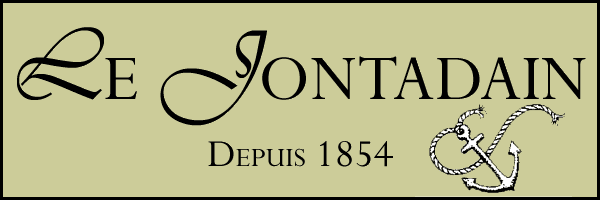Delegates Debate New Constitution
L'Unité - Delegates from the four groups involved in the Treaty of Ran met in L'Unité today to discuss a new constitution for Jonquiere-Tadoussac, and hopefully reunite the country after nearly three years of intense civil war.
Some of the groundwork had already been laid in the treaty. For example, the current provincial divisions were accepted on a provisional basis, and a new name for the country has been selected (the Consular Commonwealth of Jagera). On the table today was the key issue of government structure, seen as the most important issue for the unity of the country.
For each side, the form of government is important, as each sees a different model as right for Jagera. The Communistes are supporting an extremely decentralised mode, which will allow them the best ability to run their own territories as they see fit. The Démocratiques, having seen the failure of a decentralised confederacy, are fighting for a nigh-unitary state, in order to keep the decision making in the hands of the majority. The Royalistes seek the return of the old Constitutional Monarchy, and see the country as the territory of the King. Representatives of the Eeyo'Uch peoples of the eastern provinces don't care what type of government there is, as long as they have the right to govern themselves. The right mix of these is seen as key to the success of a lasting peace.
Also on the table is a proposal to make the subdivisions of the provinces permanent. Currently, the province of Lamontagne is split into the western "Chicoutimi" district and eastern "Estmont" districts, while Alma is broken into "Ouest", "Nord", and "Sud" districts, Jonquiere is split into
"Nord" and "Sud" districts, and both Côte-St-Jean and Translaurent are split into "Est" and "Ouest" districts. If this resolution passes, each subdivision would become independent, for a possible total of 14 provinces instead of the current eight. The proposal is contentious, but has strong backing from the Communistes, who stand to gain Alma du Ouest, and the Royalists, who hold Alma du Nord, Jonquiere du Nord, and Translaurent du Ouest.
At current, the peace seems to be holding. Though Jageran troops remain on standby throughout the country, most arms have been turned in, and violent incidents are at a lower level than before the war began.
Some of the groundwork had already been laid in the treaty. For example, the current provincial divisions were accepted on a provisional basis, and a new name for the country has been selected (the Consular Commonwealth of Jagera). On the table today was the key issue of government structure, seen as the most important issue for the unity of the country.
For each side, the form of government is important, as each sees a different model as right for Jagera. The Communistes are supporting an extremely decentralised mode, which will allow them the best ability to run their own territories as they see fit. The Démocratiques, having seen the failure of a decentralised confederacy, are fighting for a nigh-unitary state, in order to keep the decision making in the hands of the majority. The Royalistes seek the return of the old Constitutional Monarchy, and see the country as the territory of the King. Representatives of the Eeyo'Uch peoples of the eastern provinces don't care what type of government there is, as long as they have the right to govern themselves. The right mix of these is seen as key to the success of a lasting peace.
Also on the table is a proposal to make the subdivisions of the provinces permanent. Currently, the province of Lamontagne is split into the western "Chicoutimi" district and eastern "Estmont" districts, while Alma is broken into "Ouest", "Nord", and "Sud" districts, Jonquiere is split into
"Nord" and "Sud" districts, and both Côte-St-Jean and Translaurent are split into "Est" and "Ouest" districts. If this resolution passes, each subdivision would become independent, for a possible total of 14 provinces instead of the current eight. The proposal is contentious, but has strong backing from the Communistes, who stand to gain Alma du Ouest, and the Royalists, who hold Alma du Nord, Jonquiere du Nord, and Translaurent du Ouest.
At current, the peace seems to be holding. Though Jageran troops remain on standby throughout the country, most arms have been turned in, and violent incidents are at a lower level than before the war began.


